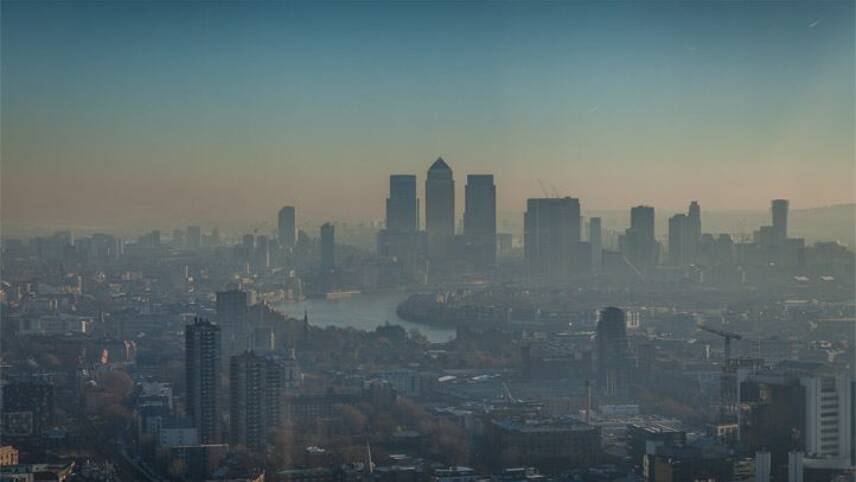Register for free and continue reading
Join our growing army of changemakers and get unlimited access to our premium content

Conducted by E.ON, the survey was carried out to garner public opinion on air quality and whether lockdown restrictions have changed views. It polled 4,063 people from all parts of the UK.
Almost nine in ten respondents said that the British public does not get enough information on air pollution, which they described as an important issue in terms of the environment and wellbeing.
And more than eight in ten said they would be more likely to change their behaviours to minimise their negative impact on air quality if they were more aware of air pollution in their area. Behaviour changes include driving less – typically by swapping short-distance trips for walking or cycling.
E.ON used the results of the survey to inform the development of a new service designed to provide up-to-date, localised air quality data and improve public understanding of the air quality index.
Called ‘Change the Weather’, the service is being delivered in partnership with weather data provider ETN, to media outlets and local authorities. Some of the first adopters include the London Evening Standard, the Daily Record and the I.
E.ON UK’s chief executive Michael Lewis said the launch of the service will “help ensure that the critical topic of air pollution stays front-of-mind”.
Lockdown impacts
Pre-pandemic, most urban areas in the UK registered illegal levels of nitrogen dioxide (NO2) pollution, and the nation’s overall levels exceeded World Health Organisation limits. Indeed, the UK Government has been taken to court over its approach to air pollution by environmental law firm ClientEarth three times.
Lockdown restrictions did lead to improvements in air quality. In London, for example, concentrations of pollutants averaged 26.2 ug/m3 on March 25th 2020, compared with 43.0 ug/m3 on the same day in 2019.
But there are warnings that emissions and pollutants from transport are likely to rebound in 2021 and beyond without a step-change in approach from businesses and policymakers.
Many businesses are exploring measures to maintain remote working in the future, avoiding business travel and commutes by individual petrol or diesel cars wherever possible. On the policy piece, Boris Johnson’s ten-point green recovery plan, announced on Tuesday (17 November), earmarks £5bn for walking, cycling and low-emission public transport. It also confirms that the UK’s ban on new petrol and diesel car sales has been brought forward to 2030.
Sarah George


Please login or Register to leave a comment.